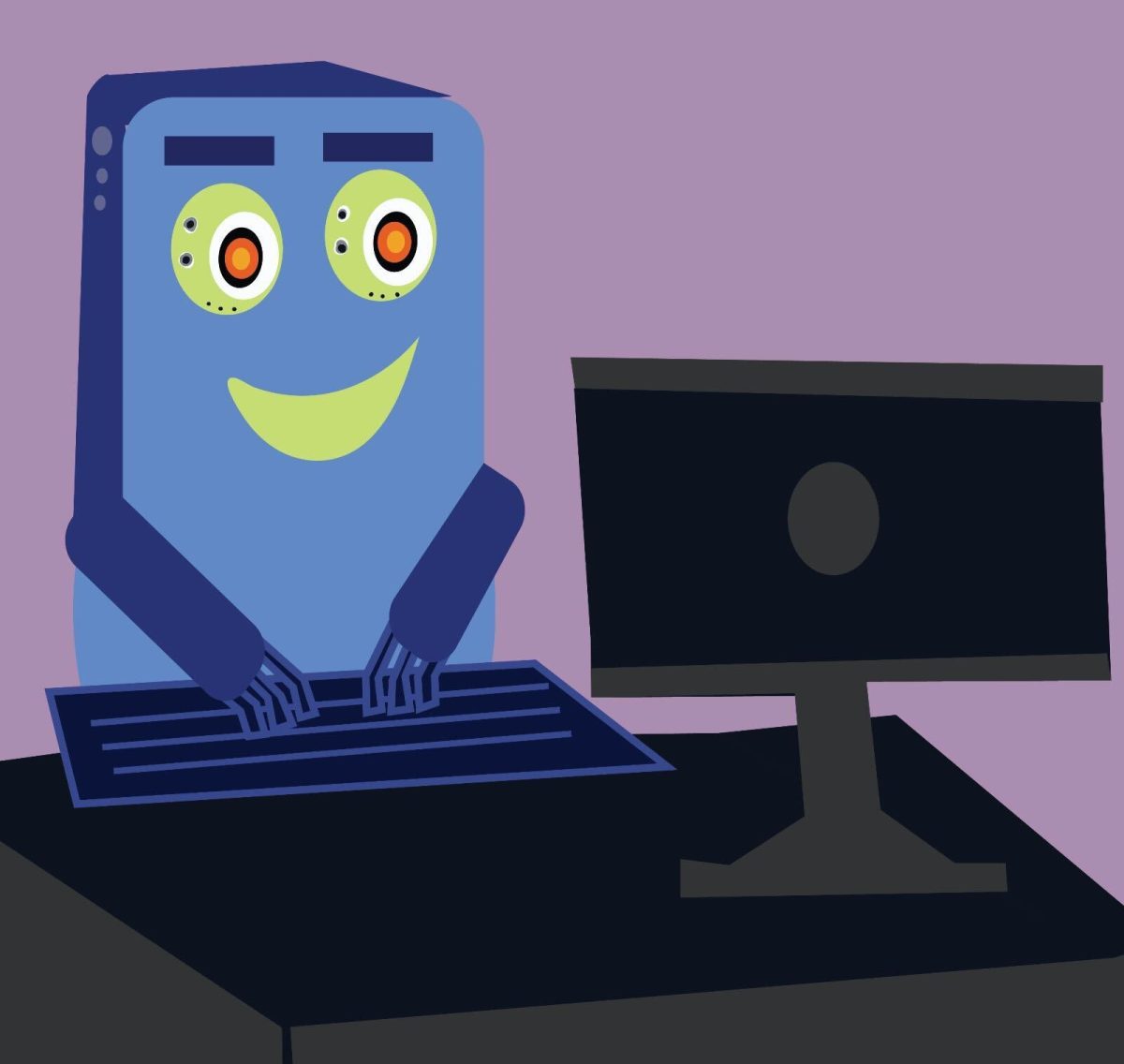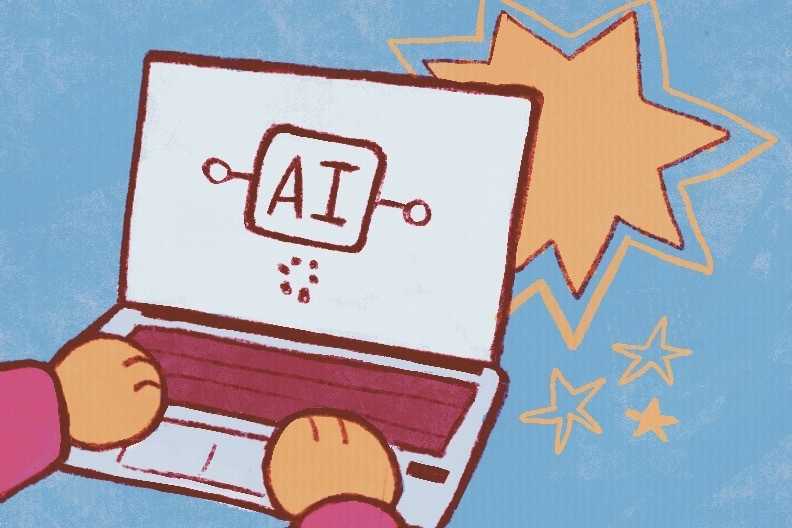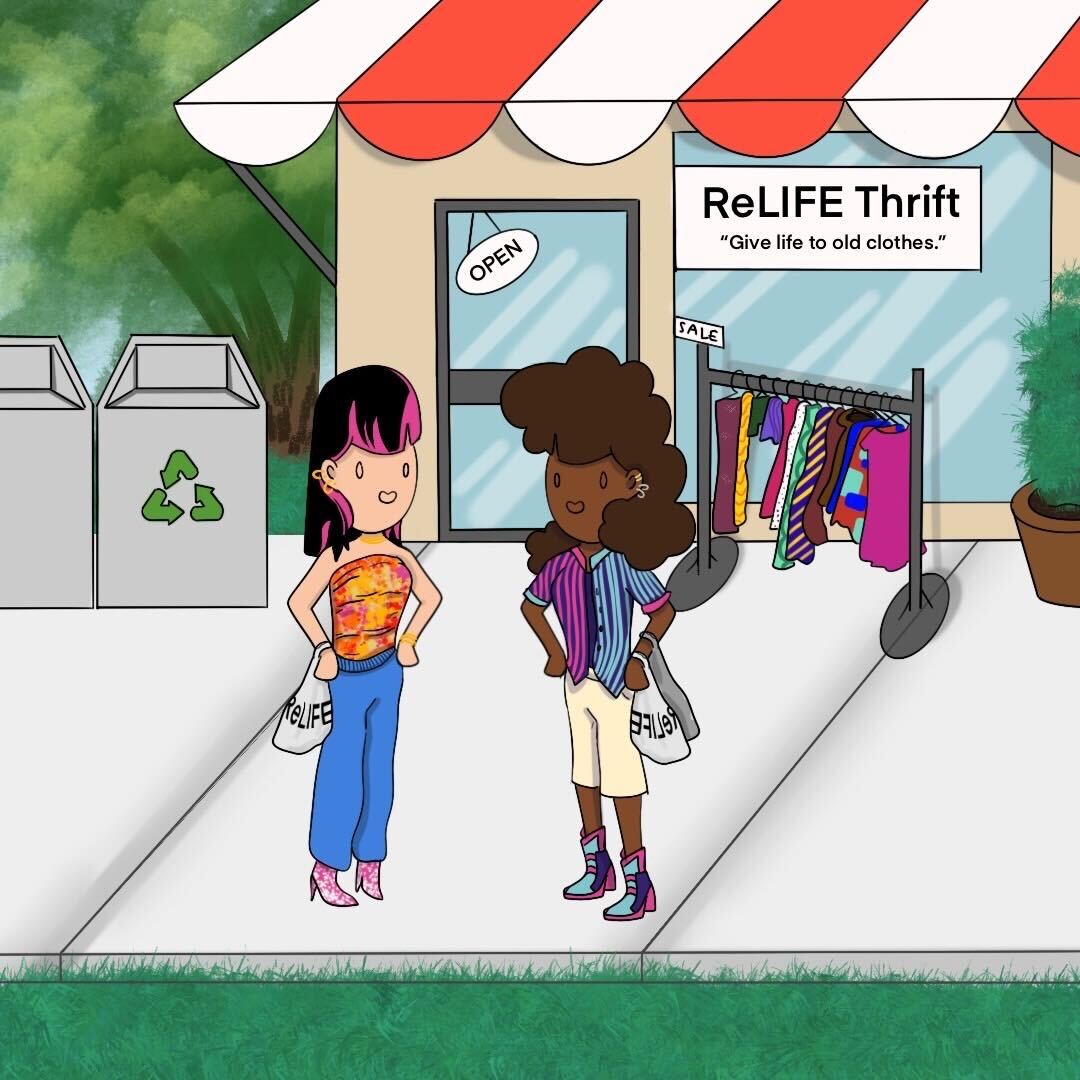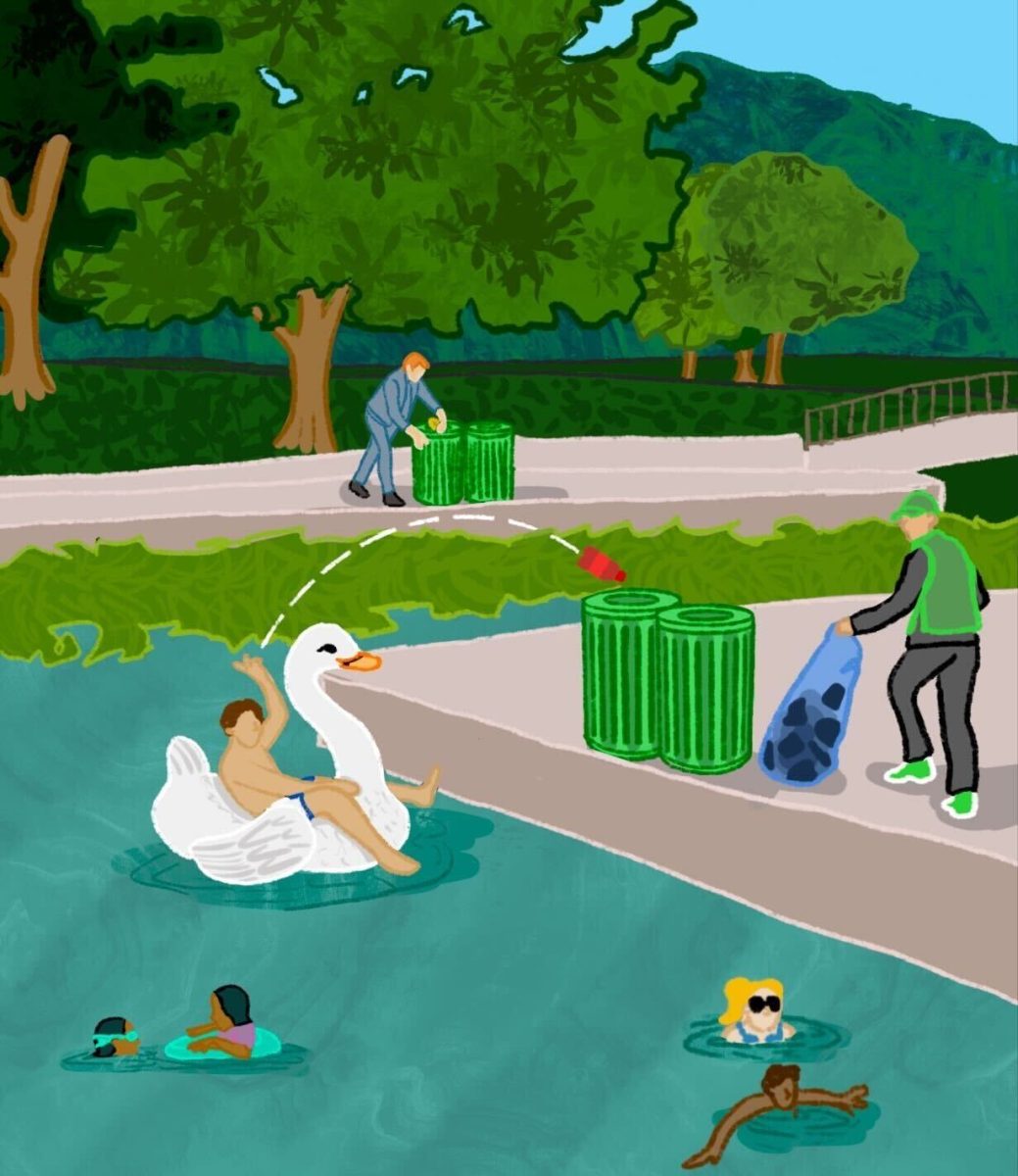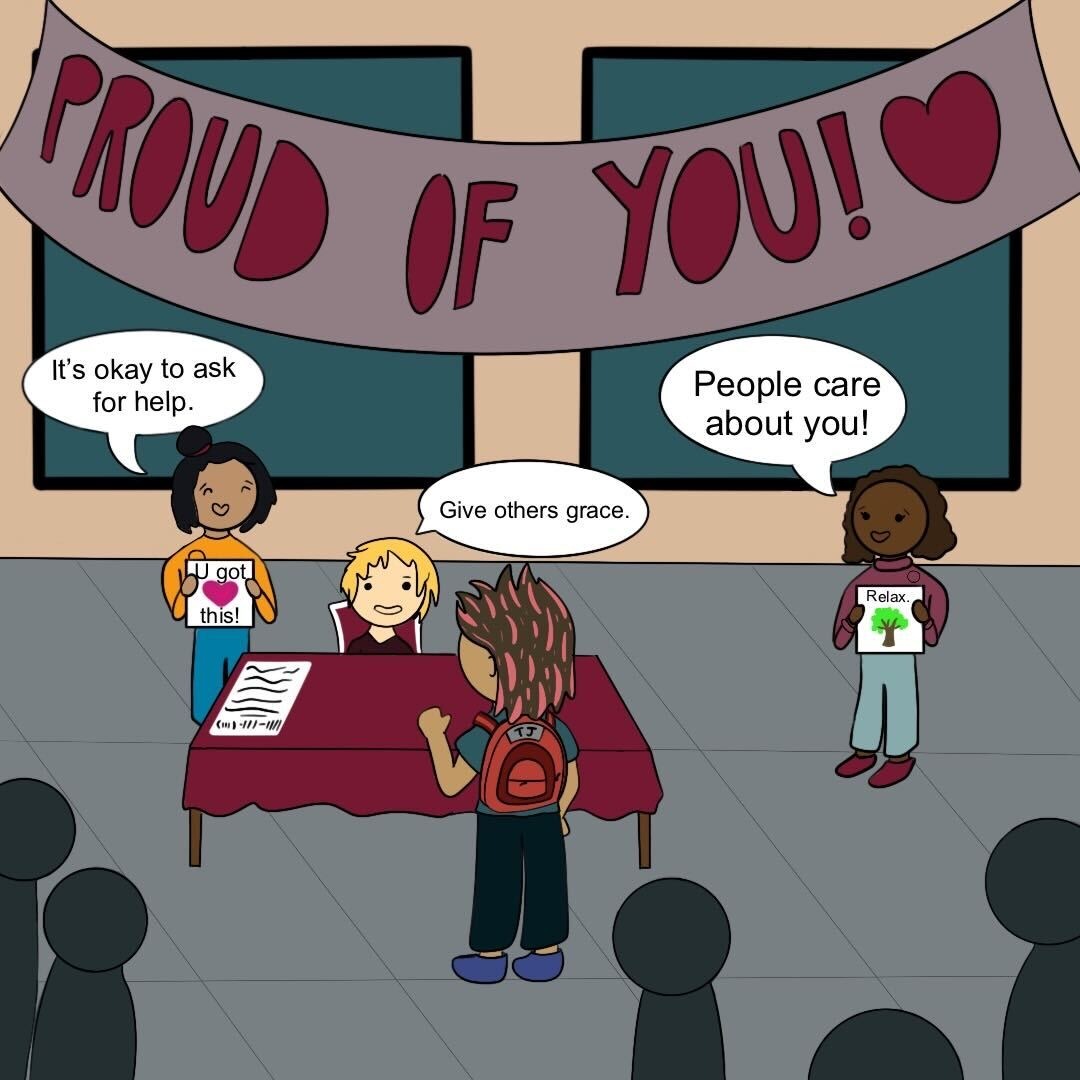Artificial Intelligence could be the end of writing assignments. The release of ChatGPT, an AI-powered online chatbot, last November marks, in some minds, the advent of the outsourcing of writing from human hands to cold, metallic claws.
OpenAI, The San Franciscan research company behind ChatGPT, develops software with the stated goal “to ensure that artificial general intelligence benefits all of humanity.” While the benefit to all of humanity is still in question, students from junior high to higher learning are excited. ChatGPT, with a request using natural language, will answer the most pressing questions and synthesize complete stories, poems and even essays on command.
This free software spells trouble for the education industry, and there isn’t an easy solution. New York City has already banned the chatbot in its public schools, a move that is, although likely to be emulated nationwide, very easily bypassed by a VPN.
Having tested ChatGPT myself, I can attest to its impressive writing, at least compared to the majority of high school essays. The software can write papers on even the most obscure texts and give direct quotes to back up its thesis. Written documents from the bot would outscore the average American high schooler and match the average college student. And provided ChatGPT’s accessibility and students’ distaste for writing, the software is already in use, whether it is banned or not.
Students that don’t write will eventually become students that can’t write. As digital assistance eases our lives, we will lose our capabilities. A study done by McGill University found that relying on GPS decreases the user’s spatial memory, and given ChatGPT’s ability to write emails, songs and even computer code, our other faculties are becoming obsolete alongside navigation.
Fortunately, we still have a significant advantage over AI programs like ChatGPT regarding writing: our unorthodoxy. ChatGPT is a Large Language Model, a deep learning algorithm that scans an immense amount, sometimes petabytes, of text data. It uses this data to compile a typical response to the words and phrases that the user inputs. The software isn’t coming up with anything extraordinary or attempting to be ambitious; its goal is to produce the most normal human responses to our requests. This weakness is evident in ChatGPT’s poetry and songwriting, which sound, albeit impressive for a machine, crude and formulaic.
While our ability to be innovative has us a step ahead of the chatbot regarding literary and artistic pursuits, AI has us clinched in educational essay writing, a practice that has become unflinchingly standardized itself. Schools and universities everywhere teach the five-paragraph essay with its thesis followed by three points and an encompassing conclusion, which lends itself perfectly to Large Language Models. Most American essays are graded not for creativity or presentation but for adherence to the formula.
By changing the essay grading criteria from formula-focused to one that emphasizes effective self-expression and unconventional thought, schools will decrease the practicality of cheating with AI while encouraging creativity and quality in writing. For example, essays on if Hamlet was furious would not be graded on the number of appropriate quotations and paragraphs; but on the potency of the prose and the overall persuasiveness of the argument.
If schools update the modern essay, they could instill in students a love of writing, a valuable activity that benefits the mind and body. Expressive writing can increase college students’ GPAs and seemingly improve lung functionality in asthmatics.
Software like ChatGPT will be the death of online and take-home writing assignments if schools maintain the status quo. Still, if handled right, the arrival of such technology could ignite the spark that resurrects quality writing in American education. Rather than making another skill irrelevant, AI could prompt us to salvage a lost art.
-Reece Cavallo is a mechanical engineering freshman
The University Star welcomes Letters to the Editor from its readers. All submissions are reviewed and considered by the Editor-in-Chief and Opinion Editor for publication. Not all letters are guaranteed for publication.
Opinion: Will AI kill the modern english essay?
Reece Cavallo, Opinions Contributor
January 16, 2023
0
Donate to The University Star
Your donation will support the student journalists of Texas State University. Your contribution will allow us to purchase equipment and cover our annual website hosting costs.
More to Discover


